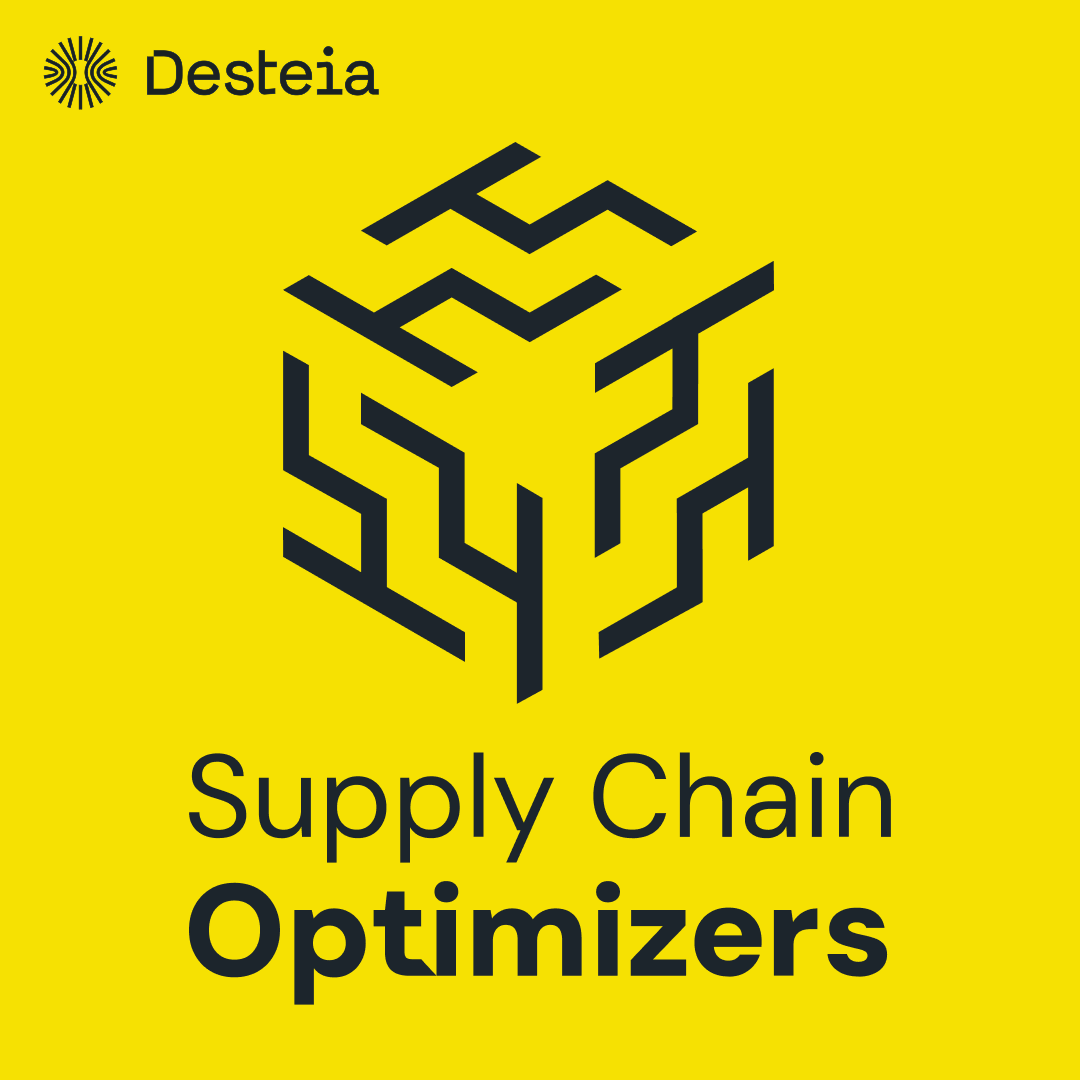Don't Just Survive: How to Thrive in the Tariffs & Trade Shifts
September 18, 2025

How can businesses thrive when global trade policies are in constant flux?
Host Diego Solorzano sits down with Kyle Peacock, Principal at Peacock Tariff Consulting, to unpack the complexities of tariffs, shifting regulations, and sourcing strategies. From leveraging AI and machine learning to understanding the rise of "micro-sourcing," Kyle reveals actionable strategies that help companies balance cost savings with resilience. He also explores how regional trade blocs and CUSMA certification are reshaping the future of North American manufacturing. Whether local or global, this conversation equips leaders to navigate international trade and sourcing with confidence.
How can businesses thrive when global trade policies are in constant flux?
Host Diego Solorzano sits down with Kyle Peacock, Principal at Peacock Tariff Consulting, to unpack the complexities of tariffs, shifting regulations, and sourcing strategies. From leveraging AI and machine learning to understanding the rise of "micro-sourcing," Kyle reveals actionable strategies that help companies balance cost savings with resilience. He also explores how regional trade blocs and CUSMA certification are reshaping the future of North American manufacturing. Whether local or global, this conversation equips leaders to navigate international trade and sourcing with confidence.
What you will learn:
- How US trade policies are reshaping how businesses rethink their sourcing strategies
- Why companies are adopting "microsourcing" strategies to diversify supplier networks
- The trade-off framework between cost savings and operational resilience
- How AI and machine learning are transforming supply chain optimization
- Why CUSMA certification should be integrated into product development from day one
- The emerging trend of regional trade blocs and their impact on global supply chains
- How manufacturers are balancing product portfolio decisions against tariff pressures
- The role of technology in helping businesses navigate supply chain disruptions
Kyle Peacock is the Principal at Peacock Tariff Consulting, where he specializes in helping businesses navigate complex trade regulations and optimize their global supply chains. With over two decades of experience in international trade, including significant tenure at industry leaders like Nestlé and Wrigley's, he brings deep expertise in tariff optimization and trade compliance. His work focuses particularly on supporting small and medium-sized enterprises in managing international trade complexities and uncovering cost savings opportunities.
Key Highlights:
- 05:43 The Unpredictable Nature of Modern Trade Policy
Kyle reveals how the biggest impact of recent trade policies has been the element of unpredictability, with tariffs now being implemented immediately versus the previous 6-8 month notice period. Companies are struggling to react strategically, often overreacting to tweets or following crowd behavior rather than analyzing their specific situation. This uncertainty has led many businesses to halt investments and stockpile cash while they wait for clarity. The solution lies in developing company-specific strategies rather than following one-size-fits-all approaches. Smart businesses are using this challenge to become more efficient and resilient by reviewing their entire operations.
- 20:16 The Portfolio Mix vs Profitability Trade-off
Companies are being forced to make tough decisions between maintaining product variety and ensuring profitability under tariff pressures. A fascinating example is retailers reducing their SKU count, like going from 15 to 5 product variants to minimize changeover costs and maintain margins. The decision often comes down to company values: some prioritize customer choice even at lower profits, while others focus purely on profitability. This trend is particularly visible in holiday inventory planning, where retailers are carrying fewer variants but maintaining quick-response capabilities for popular items.
- 27:09 Leveraging AI for Supply Chain Optimization
AI and machine learning are becoming critical tools for companies navigating tariff complexities and capacity constraints. The technology allows businesses to analyze massive datasets to identify efficiency opportunities that humans might miss, from optimizing batch processes to improving shift scheduling. Virtual manufacturing simulations powered by AI help companies test different scenarios without real-world risks. The impact is particularly valuable for smaller companies expanding into new markets who need to quickly scale operations. Companies embracing these tools are seeing significantly faster improvements in cost reduction and output optimization.
- 33:53 The Rise of Micro-Sourcing Networks
A major shift is occurring from single-source strategies to "micro-sourcing" networks with multiple smaller suppliers across different regions. This approach allows companies to rapidly shift production between countries in response to tariffs, transportation issues, or geopolitical tensions. The strategy requires sophisticated coordination but provides much greater supply chain resilience. Companies can maintain production even when one region faces challenges by quickly scaling up alternate suppliers.
Episode Resources:
- Kyle Peacock on LinkedIn
- Peacock Tariff Consulting Website
- Diego Solorzano on LinkedIn
- Desteia Website
- Supply Chain Optimizers on Apple Podcast
- Supply Chain Optimizers on Spotify
Supply Chain Optimizers is handcrafted by our friends over at: fame.so